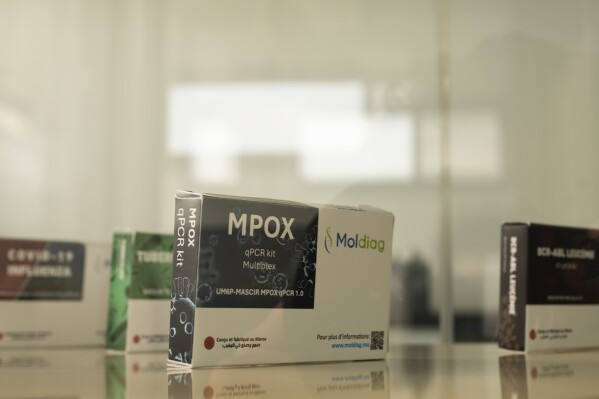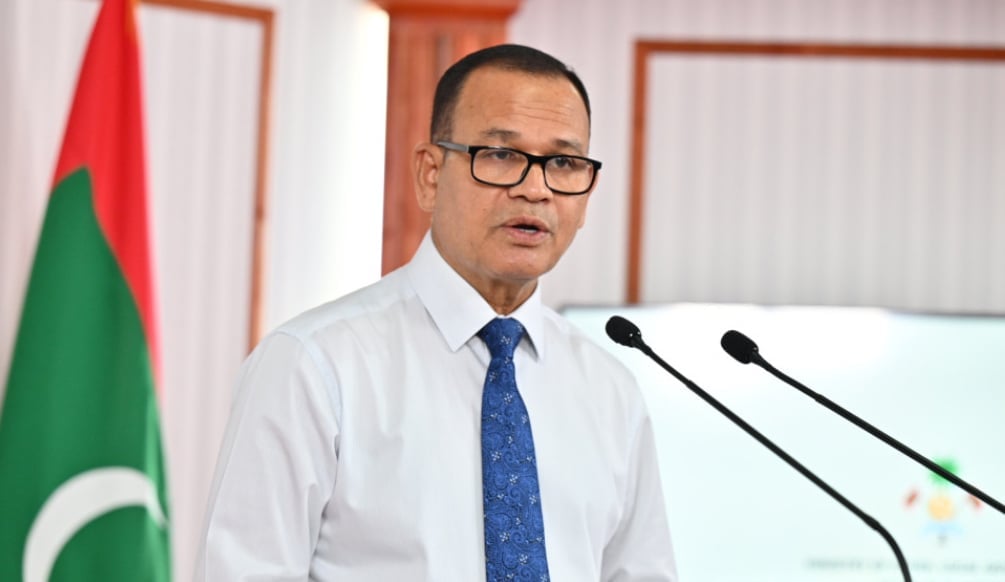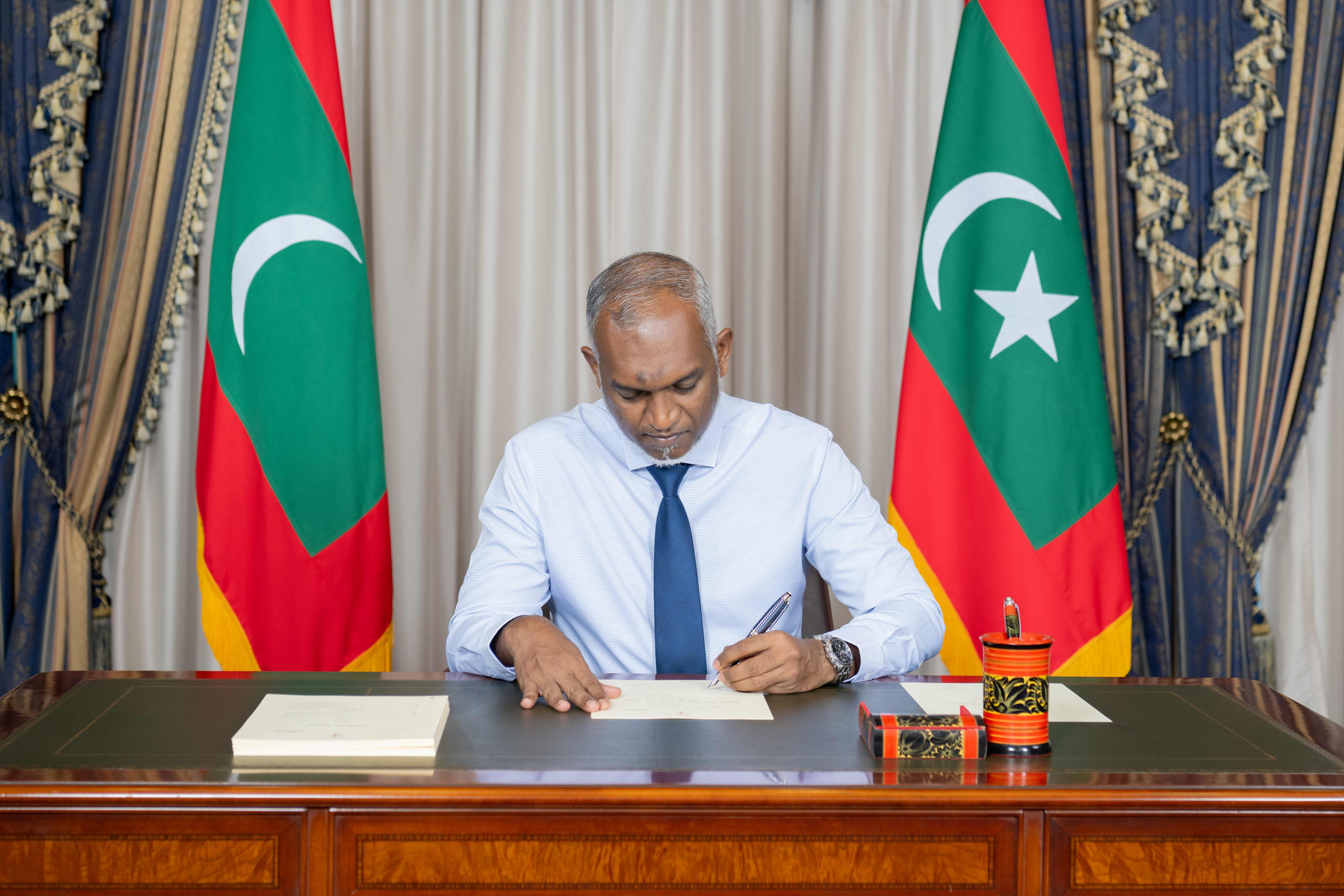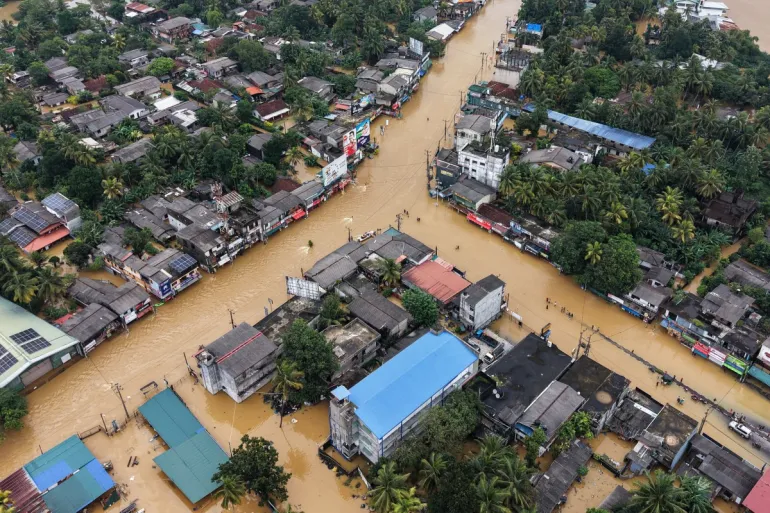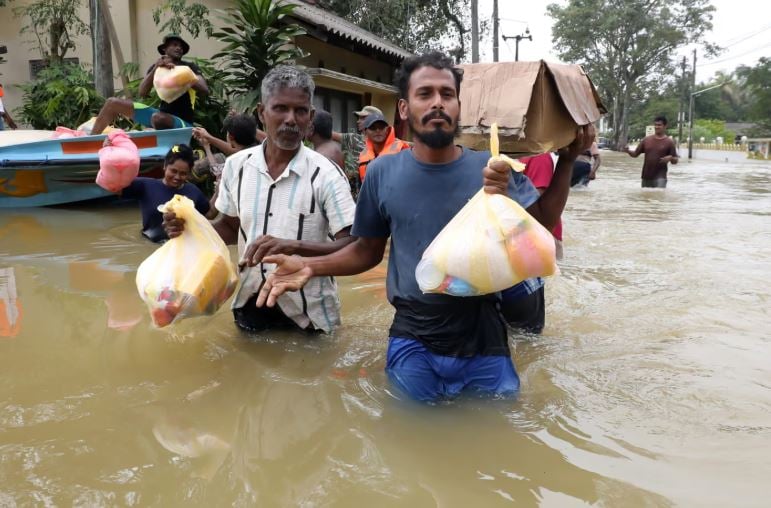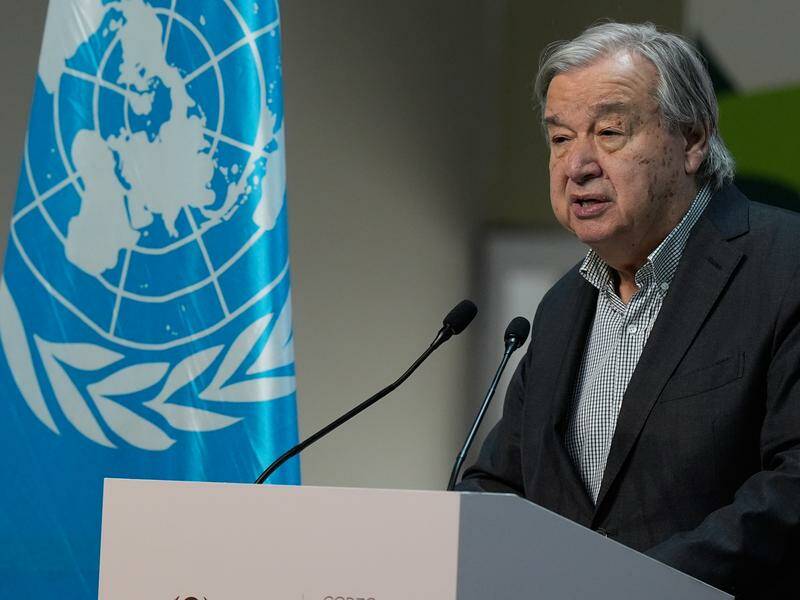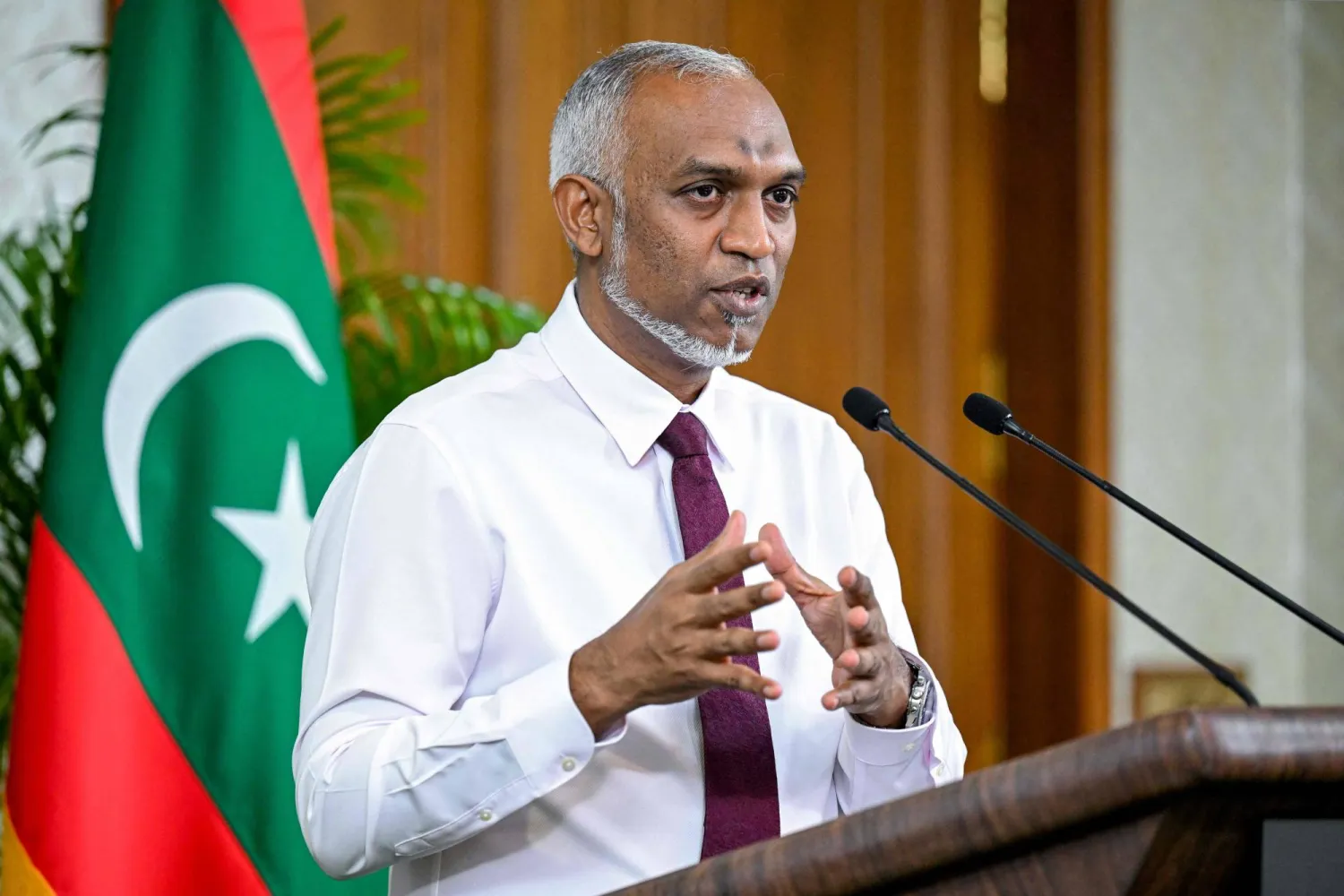Moroccan startup Moldiag has become the first African company to produce pox testing kits, a significant step toward reducing dependency on imported medical supplies. The initiative comes as the continent grapples with over 59,000 reported pox cases and 1,164 deaths across 20 countries this year, according to Africa’s Centers for Disease Control and Prevention (CDC).
Moldiag began developing the kits after the World Health Organization (WHO) declared mpox a global emergency in August. The tests, priced at $5 each, aim to address critical shortages and provide an affordable alternative to imported diagnostics. Orders for the kits have already been placed by countries including Burundi, Uganda, Congo, Senegal, and Nigeria.
Moldiag’s founder and chief scientific officer, Abdeladim Moumen, highlighted the advantages of intra-African supply chains, stating that it is more efficient to ship tests within the continent than to rely on imports from Europe or Asia.
Mpox primarily spreads through close contact and can resemble other diseases like chickenpox or measles, making reliable testing essential. However, access to diagnostics remains uneven across Africa. In the Democratic Republic of Congo, for example, most provinces lack adequate laboratory facilities, forcing healthcare workers to rely on visible symptoms for diagnosis.
“This is a major problem,” said Musole Robert, medical director of the Kavumu Referral Hospital in eastern Congo. “The main issue remains the laboratory, which is not adequately equipped.”
The WHO has announced plans to provide mpox tests, vaccines, and treatments to vulnerable populations in low-income countries. However, the organization has only approved tests requiring laboratory processing, prompting calls for rapid test development. Moldiag and other firms are now working to address this gap.
Moldiag’s tests received approval from the Africa CDC in November but are awaiting WHO expedited review. The Africa CDC has created a faster approval process to bypass delays that historically hinder timely access to medical supplies during crises.
The $5 price aligns with WHO recommendations and meets calls from health advocates for affordable diagnostics. By comparison, tests from WHO-approved manufacturers currently cost about $20, a price deemed excessive by groups like Doctors Without Borders.
The localized production of mpox tests marks a broader effort by African nations to address global disparities in access to medical supplies, a challenge brought to light during the COVID-19 pandemic. African leaders have since emphasized the importance of regional manufacturing to strengthen health systems and respond effectively to public health emergencies.
Moumen underscored the significance of the shift toward local production, stating, “They want African tests for Africa.”
Moldiag began developing the kits after the World Health Organization (WHO) declared mpox a global emergency in August. The tests, priced at $5 each, aim to address critical shortages and provide an affordable alternative to imported diagnostics. Orders for the kits have already been placed by countries including Burundi, Uganda, Congo, Senegal, and Nigeria.
Moldiag’s founder and chief scientific officer, Abdeladim Moumen, highlighted the advantages of intra-African supply chains, stating that it is more efficient to ship tests within the continent than to rely on imports from Europe or Asia.
Mpox primarily spreads through close contact and can resemble other diseases like chickenpox or measles, making reliable testing essential. However, access to diagnostics remains uneven across Africa. In the Democratic Republic of Congo, for example, most provinces lack adequate laboratory facilities, forcing healthcare workers to rely on visible symptoms for diagnosis.
“This is a major problem,” said Musole Robert, medical director of the Kavumu Referral Hospital in eastern Congo. “The main issue remains the laboratory, which is not adequately equipped.”
The WHO has announced plans to provide mpox tests, vaccines, and treatments to vulnerable populations in low-income countries. However, the organization has only approved tests requiring laboratory processing, prompting calls for rapid test development. Moldiag and other firms are now working to address this gap.
Moldiag’s tests received approval from the Africa CDC in November but are awaiting WHO expedited review. The Africa CDC has created a faster approval process to bypass delays that historically hinder timely access to medical supplies during crises.
The $5 price aligns with WHO recommendations and meets calls from health advocates for affordable diagnostics. By comparison, tests from WHO-approved manufacturers currently cost about $20, a price deemed excessive by groups like Doctors Without Borders.
The localized production of mpox tests marks a broader effort by African nations to address global disparities in access to medical supplies, a challenge brought to light during the COVID-19 pandemic. African leaders have since emphasized the importance of regional manufacturing to strengthen health systems and respond effectively to public health emergencies.
Moumen underscored the significance of the shift toward local production, stating, “They want African tests for Africa.”





